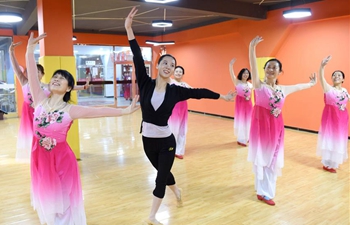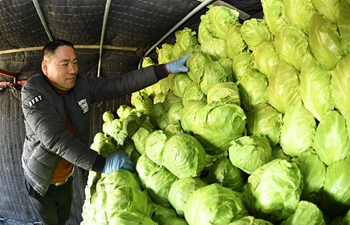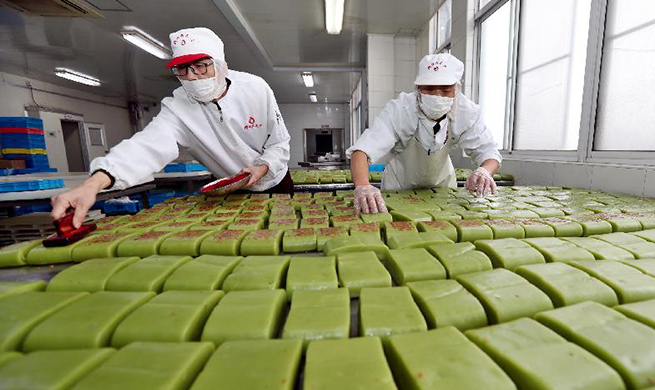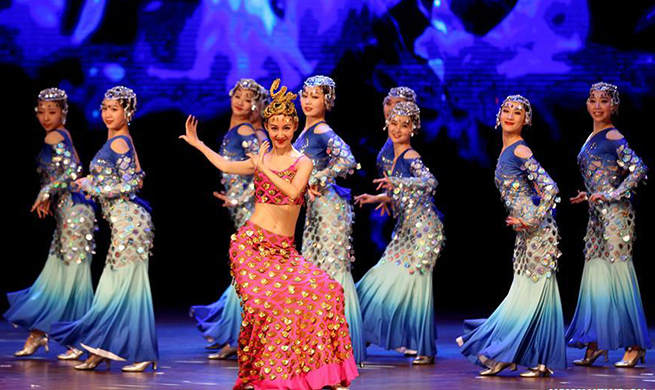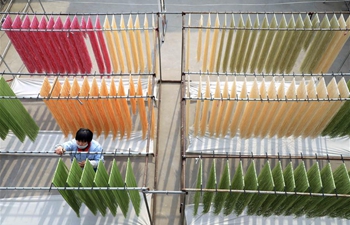CANBERRA, Jan. 31 (Xinhua) -- Disadvantaged Australians are much more likely die from diabetes and other diseases as those living in the nation's wealthiest areas, research has found.
A study published by the Australian Institute of Health and Welfare (AIHW) on Thursday analyzed how a person's socioeconomic position impacted their likelihood of developing or dying from diabetes, cardiovascular disease and kidney disease.
It found that if all Australians had the same chance of dying from the diseases as those in the highest socioeconomic group there would be 8,600 fewer deaths each year from heart disease, 6,900 fewer from diabetes and 4,800 fewer from kidney disease.
Australia's most disadvantaged women were 2.39 times more likely to die from diabetes than the country's wealthiest women. For disadvantaged men the risk factor was 2.18 times higher.
Those from poorer areas were approximately 1.5 times more likely to die from both kidney and cardiovascular diseases as their wealthy peers.
"Across the three chronic diseases we looked at, we saw that people in the lowest of the five socioeconomic groups had, on average, higher rates of these diseases than those in the highest socioeconomic groups," AIHW spokesperson Lynelle Moon said in a media release on Thursday.
"And unfortunately, we also found higher death rates from these diseases among people in the lowest socio-economic groups," Moon said.
Researchers found that the health gap between those in the highest and lowest socio-economic groups was growing.
"For example, while the rate of death from cardiovascular disease has been falling across all socioeconomic groups, the rate has been falling more dramatically for men in the highest socioeconomic group, effectively widening the gap between groups," Moon said.
"By better understanding the role, social inequality plays in chronic disease, governments at all levels can develop stronger, evidence based policies and programs aimed at preventing and managing these diseases, leading to better health outcomes across our community," Moon added.
